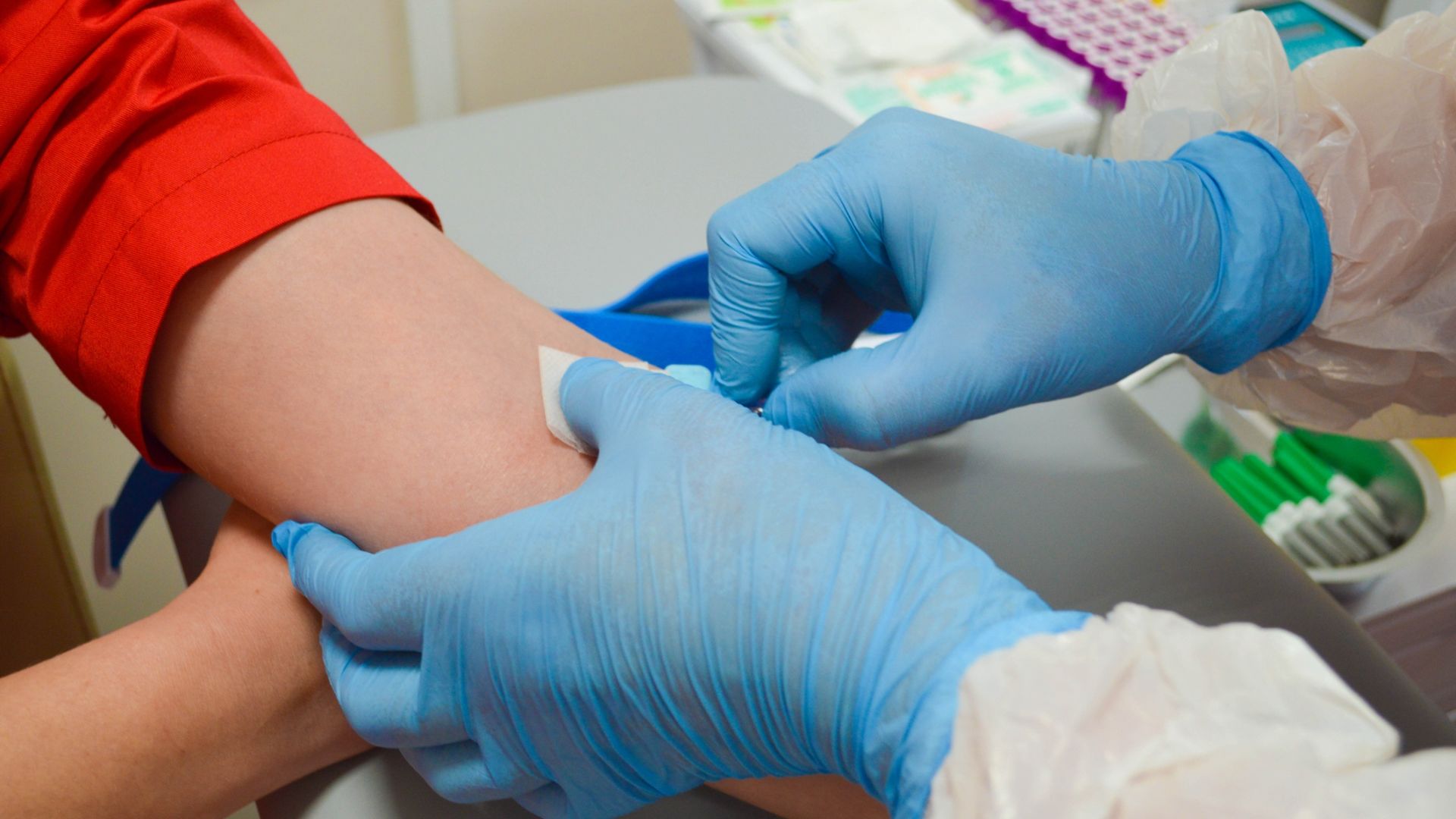Hereditary angioedema (HAE) is a rare genetic condition that causes episodes of severe inflammation. During an episode, a person may experience painful swelling of the hands, face, intestinal tract, and the airways. Airway inflammation can be life-threatening, as it can interfere with a person’s ability to breathe.
HAE typically begins in childhood and worsens during adolescence, though symptoms, severity, and frequency vary from person to person. Without treatment, episodes can be frequent—in some cases, episodes can occur weekly and cause symptoms that last several days.
While there is no cure for HAE, there are medications that can be taken to prevent episodes, as well as therapies that will be needed to treat episodes that occur.
Treatments that are taken to prevent HAE episodes are called preventive or prophylactic therapies.
Treatments that are taken to treat attacks are called acute or rescue therapies. Recognizing and avoiding things that trigger HAE attacks is another important aspect of treatment.
HAE is a lifelong condition and living with HAE can be challenging. Continuing to learn about the condition and building a support system can help you meet the challenges.
The following resources can help you get started.
US Hereditary Angioedema Association
The HAEA is a nonprofit organization that provides information and resources for patients and caregivers. Their site is a great source for patient education about all aspects of HAE—including triggers, diagnosis, and treatments, as well as patient stories. The site also features resources for healthcare providers, as well as a Find a Physician tool and information on clinical trials.
yourHAEstory
Whether you have a recent diagnosis of HAE or have been living with the condition for some time, yourHAEstory links to a number of resources that can help you in the next step of your journey. A physician finder, doctor discussion guides, emergency toolkit, and treatment guidelines all offer practical information to help you proactively manage HAE. You’ll also find ways to connect with other people who have HAE and links to podcasts from the HAEA community.
National Organization for Rare Disorders
One of the best starting points for learning about any rare condition is the website for The National Organization for Rare Disorders (NORD). In addition to information about the symptoms, causes, and current therapies, NORD also includes information about potential new therapies that are under investigation.
Genetic and Rare Diseases Information Center
If you’re looking for information about clinical research and links to more in-depth coverage of HAE and the genetics behind HAE, The Genetic and Rare Diseases (GARD) Information Center is worth a visit. The page on HAE also includes links to other organizations that provide patient education and support.
The Assistance Fund
Living with a chronic condition can be a financial burden. The Assistance Fund provides financial assistance to those who need help paying for healthcare visits and treatments. This includes people living with HAE as well as people living with many other conditions. Their page includes information on eligibility requirements and how to apply to the program.






